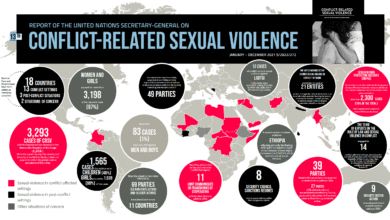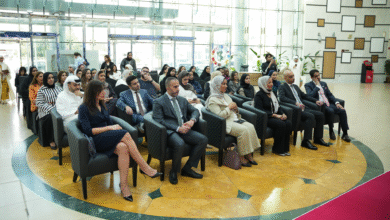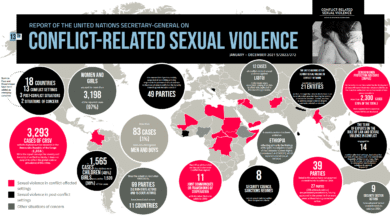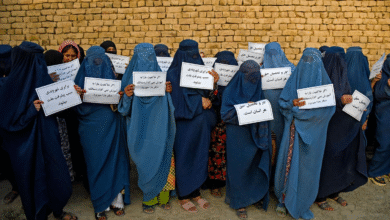Afghan Women: Urgent Support Needed for Returnees
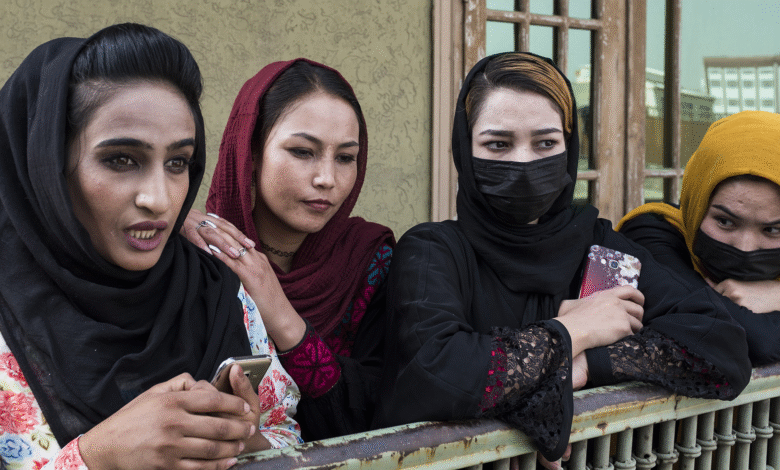
Afghan women are facing unprecedented challenges as they navigate the complex realities of life in a country marked by political turmoil and economic hardship. Recent reports underscore the plight of women returnees in Afghanistan, specifically those who have crossed back from Iran and Pakistan, revealing their increased vulnerabilities to early marriage, poverty, and violations of their basic rights. The urgent need for humanitarian aid in Afghanistan has never been more critical, especially as international agencies like UN Women amplify their advocacy for support aimed at safeguarding the rights and safety of Afghan women. Without sufficient resources, these women stand at the brink of a crisis that threatens their dignity and future prospects. As the situation unfolds, the global community is called upon to step up its commitment to ensuring that the rights of Afghan women are not only respected but actively promoted.
Women from Afghanistan, particularly those reclaiming their place in society after returning from abroad, are confronting a myriad of urgent needs as they attempt to reintegrate into their homeland. The challenges faced by these female returnees mirror the broader struggles of women in Afghanistan, who are increasingly at risk in various facets of life, from safety to economic independence. Initiatives supported by organizations such as UN Women focus on women’s empowerment and the protection of their rights, emphasizing the essential nature of reliable humanitarian assistance. The call for robust support highlights the critical importance of addressing the vulnerabilities that women encounter in their everyday lives, particularly as they seek stability amid ongoing crises. Thus, strengthening the safety nets for Afghan women is not just a matter of humanitarian concern, but an urgent moral imperative for the global community.
The Plight of Afghan Women Returnees
Afghan women returnees, particularly those arriving from countries like Iran and Pakistan, face a multitude of challenges upon their return to Afghanistan. With the Taliban’s strict governance, these women often find themselves in vulnerable situations where their rights are severely restricted. The international community, led by organizations like UN Women and CARE International, has been vocal about the urgent need for humanitarian aid to support these individuals as they navigate the treacherous landscape of poverty and lack of resources.
Often, Afghan women returnees have to deal with the trauma of displacement while concurrently facing precarious living conditions. Many arrive with no access to educational opportunities or health services. This dire situation increases their vulnerability to early marriage and exploitation, making it essential for aid groups to create safe spaces that protect their rights and facilitate reintegration into society.
Frequently Asked Questions
What challenges do women returnees in Afghanistan face?
Women returnees in Afghanistan face numerous challenges, including increased risks of impoverishment, early marriage, and threats to their rights and safety. Many returnees struggle for basic needs such as housing, income, and access to education due to the ongoing humanitarian crisis and restrictions imposed by the Taliban.
How is UN Women supporting the rights of Afghan women returnees?
UN Women supports the rights of Afghan women returnees by working alongside humanitarian organizations to address their urgent needs for safe shelter, livelihood opportunities, and education. They advocate for increased funding and resources to empower female returnees and ensure their safety and dignity.
What is the humanitarian situation for Afghan women and girls?
The humanitarian situation for Afghan women and girls is dire, marked by restricted rights, limited access to basic services, and increased violence. The ongoing economic crisis, combined with the restrictions imposed by the Taliban regime, has compounded the challenges faced by women seeking to rebuild their lives after returning.
What role do women humanitarian workers play in supporting Afghan women returnees?
Women humanitarian workers play a critical role in providing essential services and support to Afghan women returnees. They are crucial for ensuring safe spaces and delivering aid. However, their efforts are hampered by funding cuts and travel restrictions, limiting their ability to meet the overwhelming needs of returnees.
What are the long-term needs of women returnees in Afghanistan?
Long-term needs of women returnees in Afghanistan include access to safe and affordable housing, livelihood support, and education for girls. These elements are vital for their integration and empowerment as they navigate the challenges of rebuilding their lives in an environment that often restricts their freedoms.
What is the impact of funding cuts on Afghan women humanitarian aid?
Funding cuts have significantly impacted the ability of humanitarian organizations to support Afghan women. These reductions have led to limited resources for essential services, making it difficult for women humanitarian workers to provide adequate aid to the increasing number of returnees and address their urgent needs.
Why is it essential to protect the rights of Afghan women and girls now?
It is essential to protect the rights of Afghan women and girls now due to the escalating humanitarian crisis facing the country. Ensuring their rights is crucial for promoting gender equality, safeguarding their dignity, and supporting their rebuilding efforts amidst daunting socio-economic challenges.
How many Afghan women are among the returnees from Iran and Pakistan?
Women and girls comprise a significant portion of Afghan returnees, with about one-third of those returning from Iran and nearly half from Pakistan. This demographic faces unique challenges and risks as they reintegrate into a country with limited resources and support.
What are the primary concerns expressed by Afghan women returnees?
Primary concerns expressed by Afghan women returnees include the need for safe housing, opportunities for education, and means to earn a livelihood. Many returnees also express fears of eviction and the impacts of existing restrictions on their rights, particularly in accessing education and healthcare.
What actions can the international community take to support Afghan women?
The international community can support Afghan women by increasing humanitarian aid, ensuring funding specifically for programs that address the needs of women returnees, and advocating for policies that protect their rights and promote gender equality in Afghanistan.
| Key Topics | Details |
|---|---|
| Rising Risks for Afghan Women Returnees | Afghan women and girl returnees face increased risks of impoverishment, early marriage, and threats to their rights and safety. |
| Surge in Returnees | More than 2.4 million undocumented Afghan migrants have returned since September 2023, many of whom are women and girls unfamiliar with the country. |
| Key Challenges | Returnees lack housing, income, and access to education, placing them at heightened risk of poverty and exploitation. |
| Impact of Aid Cuts | Cuts in foreign aid hinder women humanitarian workers’ ability to support returnees, exacerbating their struggles. |
| Community Response | The UN and CARE International stress the urgent need for international support to protect Afghan women and girls. |
Summary
Afghan women returnees are facing an alarming rise in risks as they reintegrate into a country marked by crisis and upheaval. With the ongoing humanitarian crisis, the international community must act urgently to provide the necessary support for these vulnerable groups. The statistics reveal the dire conditions they confront, which hinder their access to fundamental necessities like shelter, education, and healthcare. It is crucial to ensure that Afghan women are given the resources and protection they need to rebuild their lives with dignity.

